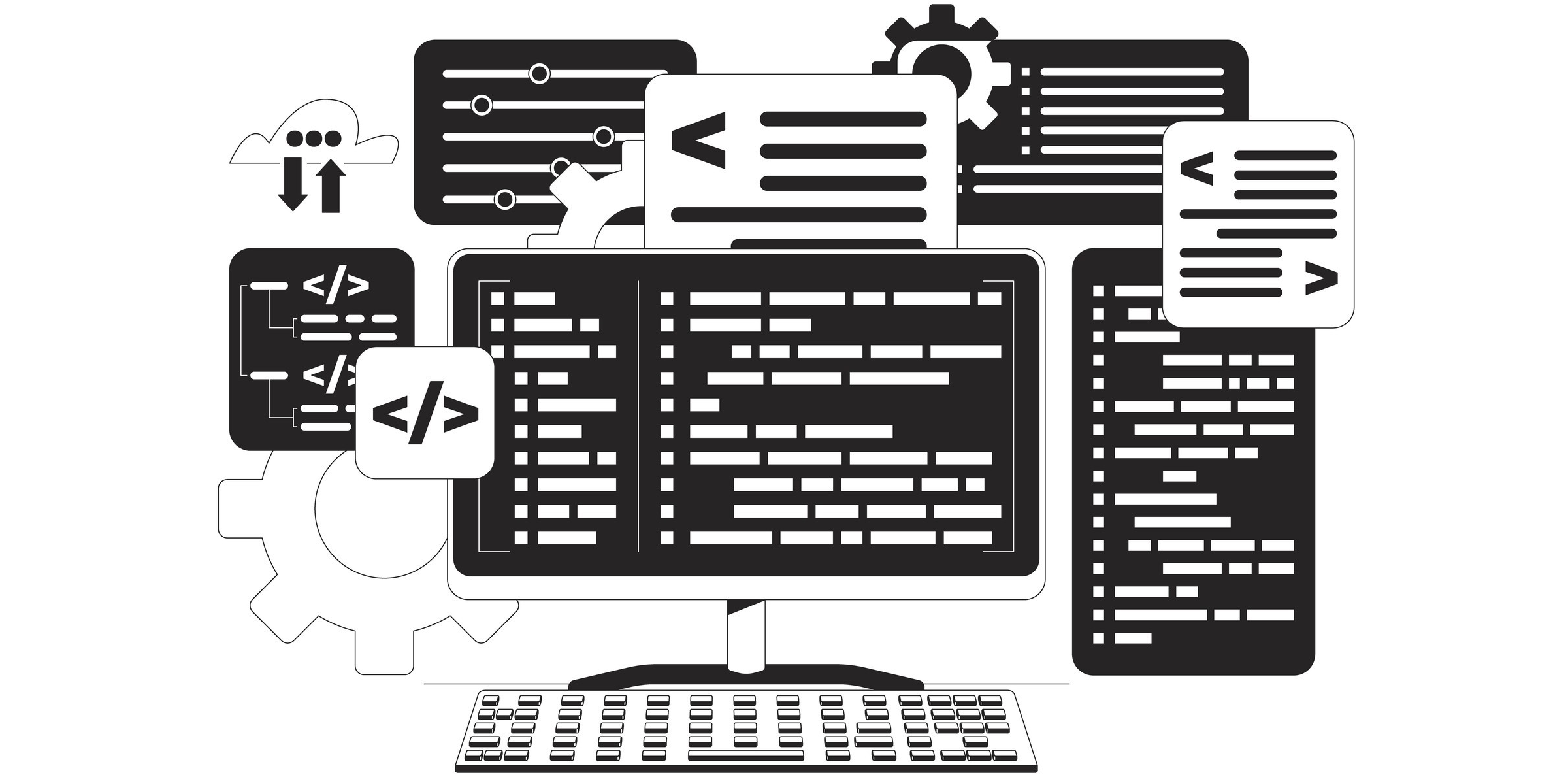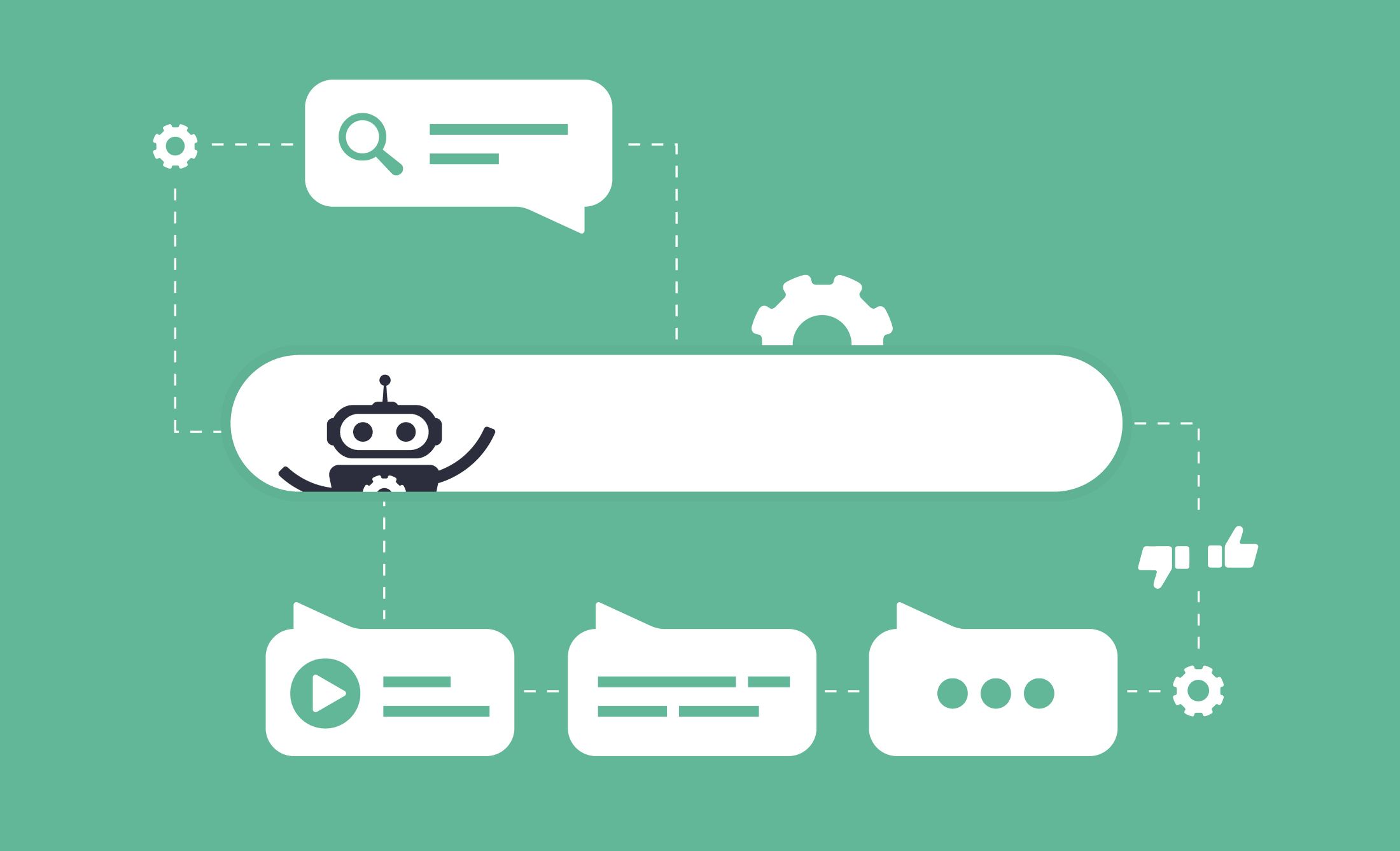Across industries, more companies are operating with leaner teams than ever before. Market pressures, shifting priorities, and ongoing economic uncertainty have made it harder to justify full-time hires, even when there’s plenty of work to go around. In some cases, hiring freezes are in place. In others, teams have been restructured to focus on core business needs, leaving less room for extra in-house roles.
But deadlines don’t wait for the perfect staffing situation. Products still need to launch, websites still need to be built, and client deliverables still have to be met. That’s why so many businesses are turning to outsourcing as a practical way to keep projects moving. By partnering with external developers, companies can bridge resource gaps quickly, adapt to shifting priorities, and maintain momentum without overextending their budgets or burning out their teams.
Common Gaps Companies Need to Fill
Every business faces moments when the to-do list outpaces the available hands. Sometimes it’s a major project with a deadline that’s creeping closer by the day. Other times, it’s a short-term need for a very specific skill set, like integrating a tricky API, optimizing performance for high-traffic events, or tackling a one-off technical challenge.
There are also the unavoidable gaps that come with life outside the office. A key team member might be on parental leave, recovering from illness, or taking an extended vacation. And for many companies, seasonal spikes or one-time campaigns can suddenly demand more development power than the in-house team can handle alone.
Outsourcing fills these gaps without disrupting the flow of work. It gives you access to the help you need, when you need it, so projects keep moving forward and deadlines are met without compromising quality.
When Outsourcing Can Help Fill the Gap
- Tight deadlines that require more hands on deck
- Short-term projects needing specialized expertise
- Covering for staff on parental leave, illness, or vacation
- Handling seasonal surges in workload
- Adding capacity for one-off campaigns or product launches
- Balancing multiple client or internal projects at the same time
- Tackling technical challenges outside your team’s current skill set
How Outsourcing Helps You Stay Flexible and Productive
Outsourcing isn’t about replacing your team, it’s about giving them the backup they need to get the job done. One of the biggest advantages is cost efficiency. You pay only for the work you actually need, avoiding the long-term salary, benefits, and overhead costs that come with a full-time hire.
It’s also faster. Outsourced developers can start contributing right away, so you skip the lengthy hiring and onboarding process that can slow projects down.
Then there’s flexibility. Workloads aren’t always predictable, and outsourcing lets you scale your resources up or down as projects demand, no long-term commitments, no awkward layoffs later.
Outsourcing puts expertise on tap. You can bring in specialized skills your team might not have in-house, whether that’s for a one-time integration, a performance boost, or a new feature build. The right external partner plugs seamlessly into your process, helping you deliver high-quality work without missing a beat.
How to Make Outsourced Development a Success
Outsourcing works best when it’s treated like a true partnership. That starts with choosing the right partner — a team with proven experience, solid references, and a working style that fits your company’s culture. The goal is to find people who feel like a natural extension of your own team.
Once you’ve found that fit, set clear goals and milestones from the start. Agree on timelines, deliverables, and priorities so everyone is working toward the same outcome. This helps prevent misunderstandings and keeps projects on track.
Maintain open communication throughout the project. Weekly check-ins, shared project tools, and transparent progress updates go a long way toward ensuring smooth collaboration, especially if you’re in different time zones.
And finally, protect your intellectual property. Have NDAs in place, use secure workflows, and make sure access to sensitive systems is properly managed. With the right safeguards, outsourcing can give you all the benefits of extra help without compromising your work or your company’s security.
Quick Checklist for Successful Outsourcing
- Find a partner with proven experience and positive references
- Make sure their working style fits your company culture
- Define timelines, deliverables, and project milestones
- Use shared project tools and schedule regular check-ins
- Keep communication open and transparent at all times
- Put NDAs and security measures in place before work begins
- Control access to sensitive files, data, and systems
Real-World Example
A mid-sized SaaS company was preparing to roll out a major new feature for its flagship platform. The timeline was tight, and just a few weeks before launch, their lead backend developer went on unexpected medical leave. The remaining team had the skills to keep things moving, but not the bandwidth to hit the original deadline.
Instead of pushing the launch date or overloading the team, the company brought in an external development partner with experience in the same tech stack. The outsourced developers worked closely with our in-house team, joining daily standups, sharing progress in the same project management tools, and quickly adapting to established coding standards.
Within three weeks, the project was not only back on schedule, it was fully tested and ready to go. The launch happened as planned, with a smooth rollout and positive feedback from customers. The company kept its momentum, the internal team avoided burnout, and the collaboration opened the door for future project support when workloads peak.
When Outsourcing Might Not Be the Right Fit
While outsourcing can be a powerful way to keep projects on track, it’s not always the best solution for every situation. If you have long-term, ongoing needs that require daily involvement and deep integration into your company’s operations, hiring in-house may make more sense. A dedicated employee can build institutional knowledge and contribute consistently over time in ways a rotating external team might not.
Outsourcing can also be less effective for projects that require deep internal business knowledge from day one. If the work depends heavily on proprietary processes, niche workflows, or constant access to internal stakeholders, the learning curve for an external partner might slow things down.
Being clear about where outsourcing works best, and where it doesn’t, ensures you get the right fit for each project. The goal is always to support your team and your business goals, not to force a solution that isn’t the right match.
Staying Agile Without Overextending
Outsourcing gives companies the ability to keep projects moving without stretching internal teams to the breaking point. With the right partner, you can enjoy cost savings, flexibility, and faster delivery, all while maintaining the quality and standards your business is known for.
It’s important to remember that outsourcing isn’t about replacing your team. It’s about supporting them, filling in the gaps, and giving them the breathing room to focus on what they do best. By bringing in external developers when you need them, you can adapt quickly to changes, take on more opportunities, and deliver great results without the long-term commitments of full-time hires.
If your team is facing tight deadlines, a growing workload, or a need for specialized expertise, we can help. Book a free consultation or request a project review to see how we can work alongside your team to get the job done.




